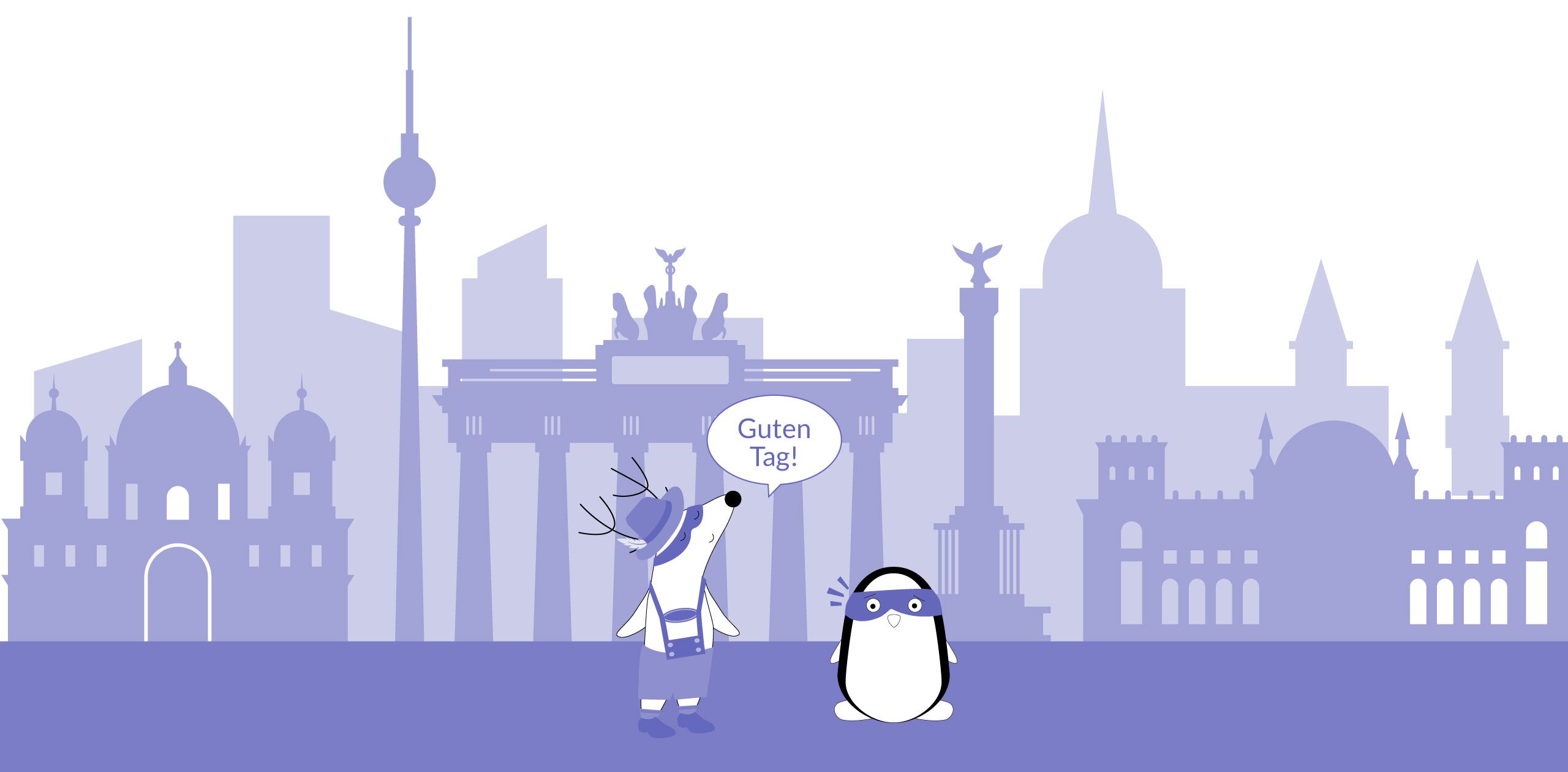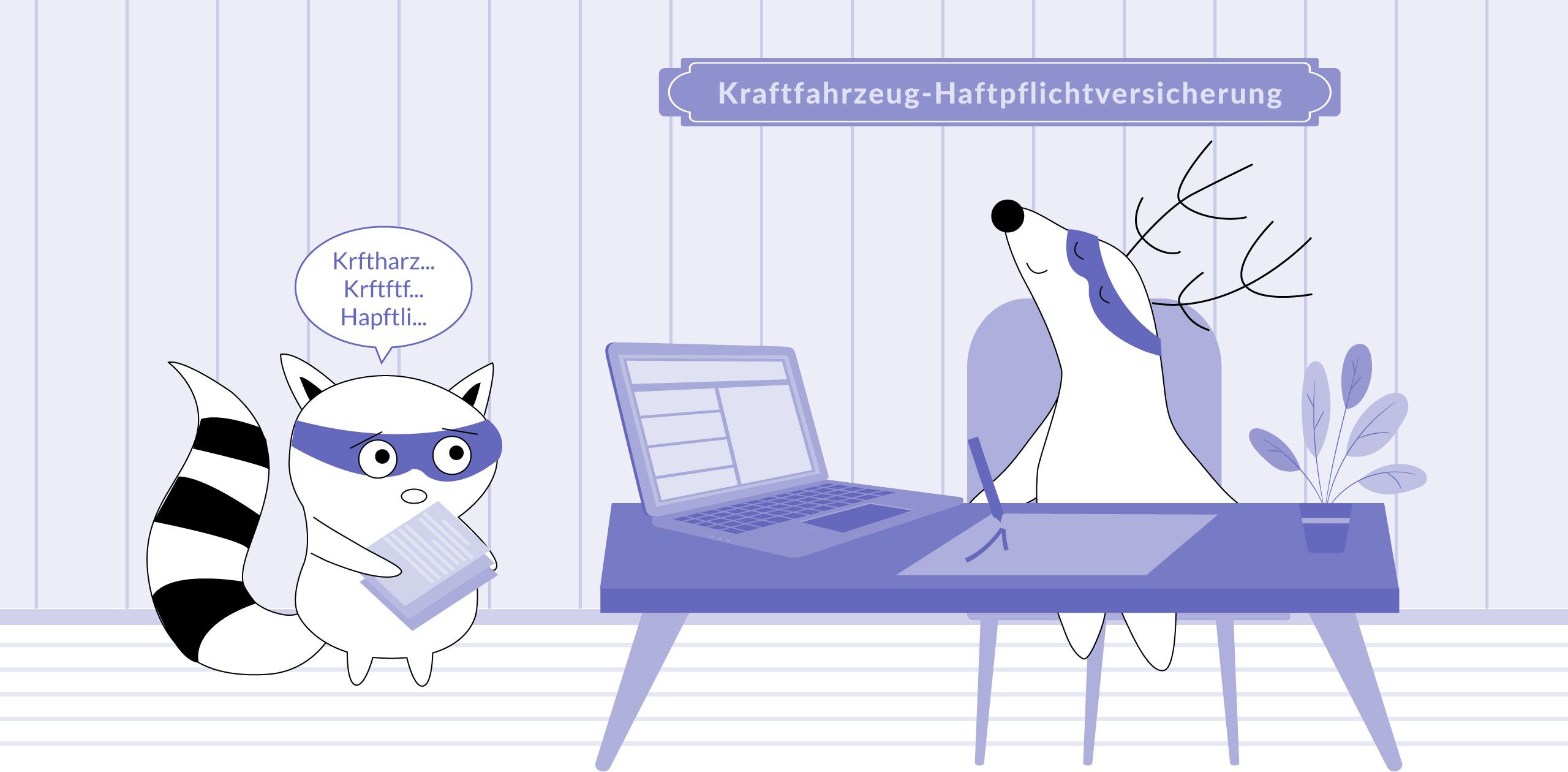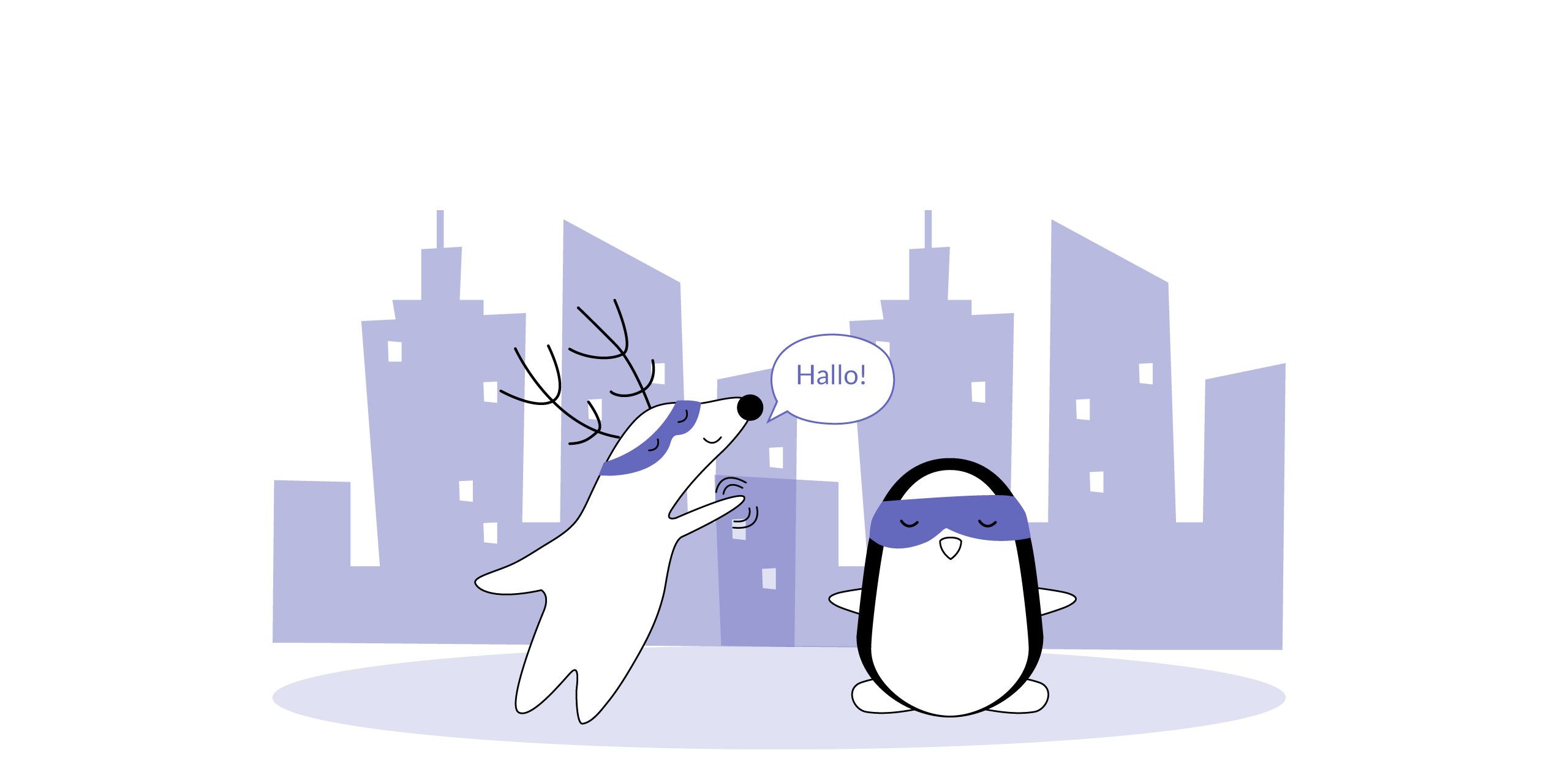
You can know a country by getting to know its people - at least, that is what they say. You will learn a lot about the place you are visiting if you have the opportunity to speak with locals. As a result, a simple “Hello” can open many doors.
If you are planning a trip to Germany soon, you should prepare by learning some basic greetings to communicate with Germans. We’ll go over the most prevalent greetings in this article so you’ll know what to do when the time comes. Now, read on - and learn all the different ways to say “hello” in German properly.
Learn German with Langster
“Hallo” and “Hello” - Almost the Same
In English you say “Hello,” and in German, it sounds like “Hallo.” So, to say “Hello” in German, you don’t really have to learn something new.
German
English
Hallo
Hello
Even though no one knows this word’s origins for sure, people in several countries use it on a daily basis as their most common greeting. And so do the Germans with "Hallo."
You can find the greeting not just in the English or German languages, but also in the Roman languages. You have probably heard the Spanish “Hola” or the French “Allô?”
When to Use "Hallo?"
“Hallo” is the typical German greeting. It makes no difference whether you greet someone on the street, meet up with friends, or attend a business meeting. “Hallo” is appropriate for both formal or informal situations - it can be used both as "hello" and "hi" in German.
If you hang out with Germans, you might hear some funny variations of it. "Halli Hallo" or "Hallöchen" are frequent greetings. The latter is a diminutive that equates to “small hello.”
Example
Explanation
Halli Hallo
Hello
Hallöchen
Hello
Local Variations of "Hallo"
Depending on where you are in Germany, you might hear the people say “Hello” in different ways. Despite the fact that it is still a basic greeting, it differs from the typical “Hallo” and may cause confusion at first. We’ll show you some examples here.
People in northern Germany, particularly around Hamburg, tend to say “Moin Moin.” The word “Moin” derives from the German word “Morgen” (morning). It was originally a fishermen’s welcome that Germans in the North continue to use today.
German
English
Moin Moin
Hello
Although it was most likely employed in the early morning when fishermen met on their boats, it is now used all through the day. In Hamburg, people may greet you with “Moin Moin” at 9 p.m.
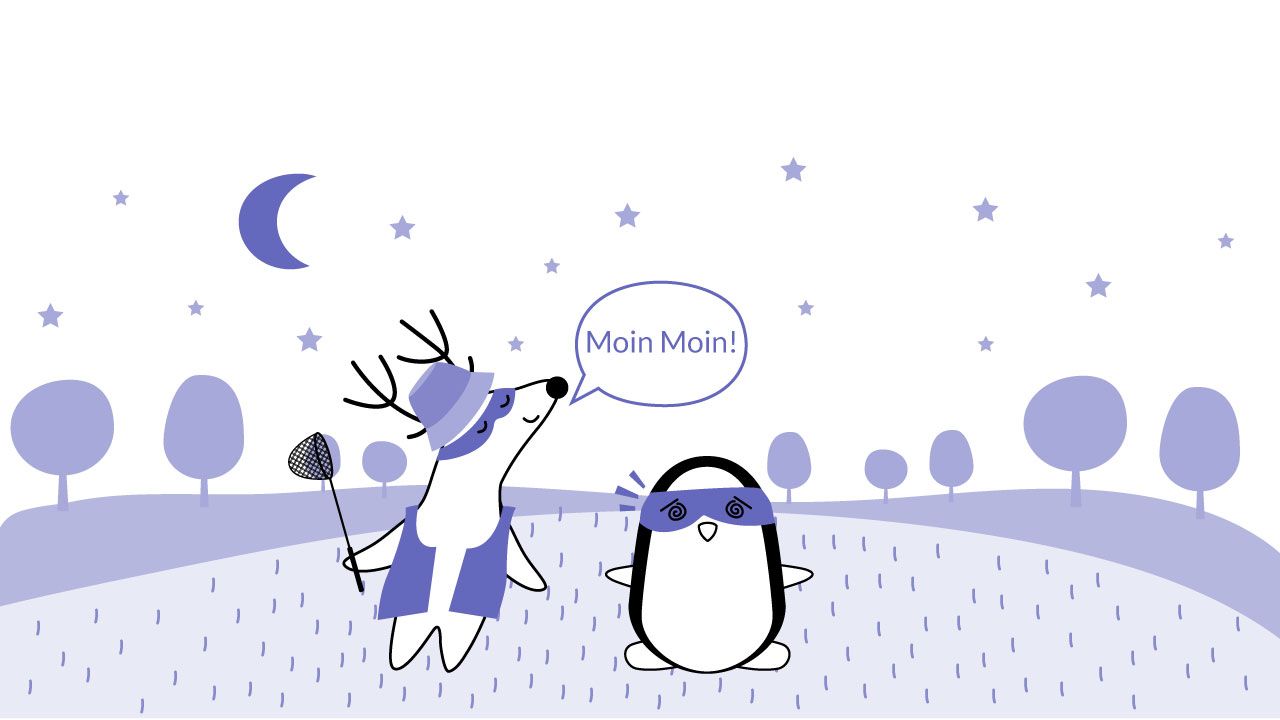
In southern Germany, they also have a distinct way to say “Hallo.” When you visit the German states of Bayern and Baden-Württemberg, you will almost certainly hear people say “Grüß Gott,” “Grüß dich” or “Servus.” It is especially popular in other German-speaking countries like Switzerland or Austria.
“Grüß Gott” literally means “Greet God” that can be translated as “God greets you” and corresponds to the “God bless you” used in English-speaking countries. Its origins can be traced back to a religious custom in which individuals would bless each other when meeting. They used to say something like “May you meet God,” which transformed into the contemporary greeting “Grüß Gott.”
“Grüß dich” is probably derived from the same phrase - it literally would be “greet you” in English. It sounds rather informal because you use the pronoun “dich,” which is the singular “you” in English. As a result, you should use this expression with people you know rather than with strangers.
The greeting “Servus” is a Latin phrase that was historically used by slaves to say, “I am at your services.” Of course, there is no longer any such connotation nowadays.
German
English
Grüß Gott
Hello
Grüß dich
Hello
Servus
Hello
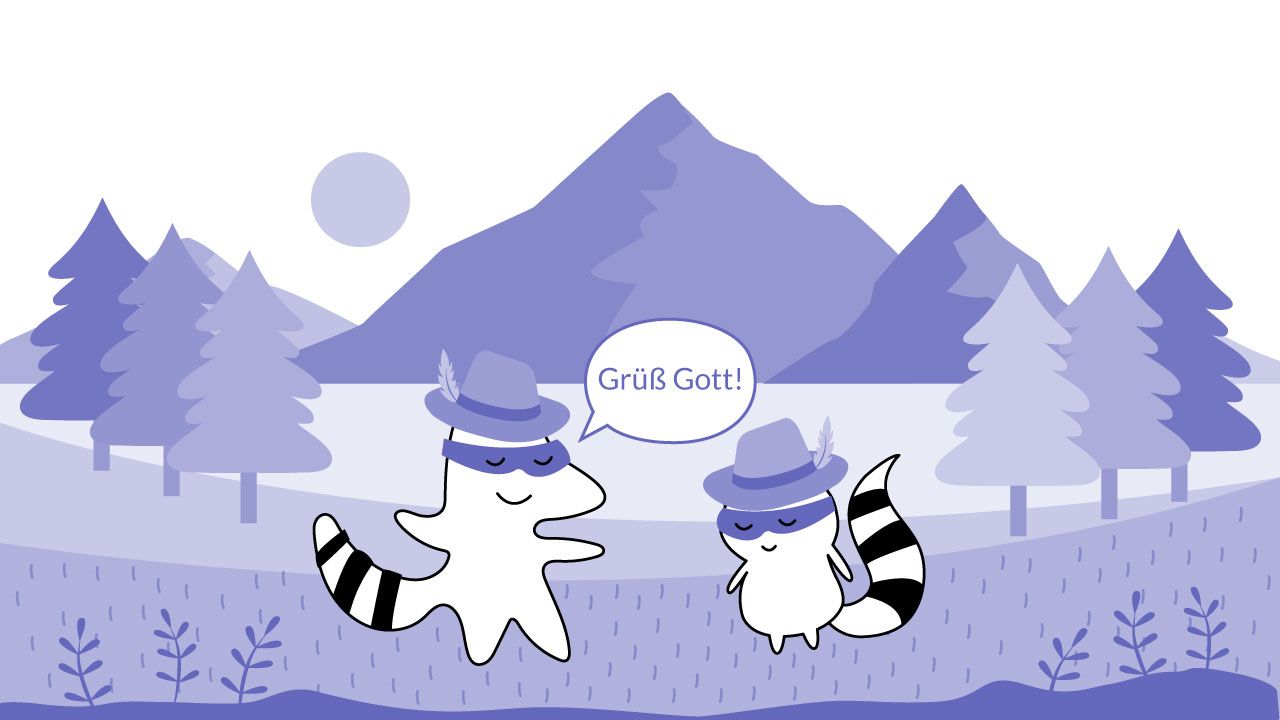
Formal Greetings in German For Each Situation of the Day
As the French say “Bonjour” during the day and “Bonsoir” at night, the Germans have a different greeting for each time of the day as a way to say hello.
In the morning, when you go to the bakery to get a delicious homemade Vollkornbrot for your breakfast, you can say “Guten Morgen” (good morning). As you can see, it is very similar to the English phrase.
When the morning has passed, which for Germans is usually after 10 a.m., you can begin to greet people with “Guten Tag” (Good day/Good afternoon). In English, the term "Good day" is used as a farewell, but in French, you would say “Bonjour” - or in Spanish, “Buenos días.”
More or less from 5 p.m. on, German people will start to welcome you with “Guten Abend” (good evening). Like in English, there is also “Gute Nacht” (Good night) - and just like in English, you only use it as a farewell before going to bed. So instead of saying “Gute Nacht” to greet people in the evening, say “Guten Abend.”
German
English
Guten Morgen
Good morning
Guten Tag
Good day
Guten Abend
Good evening
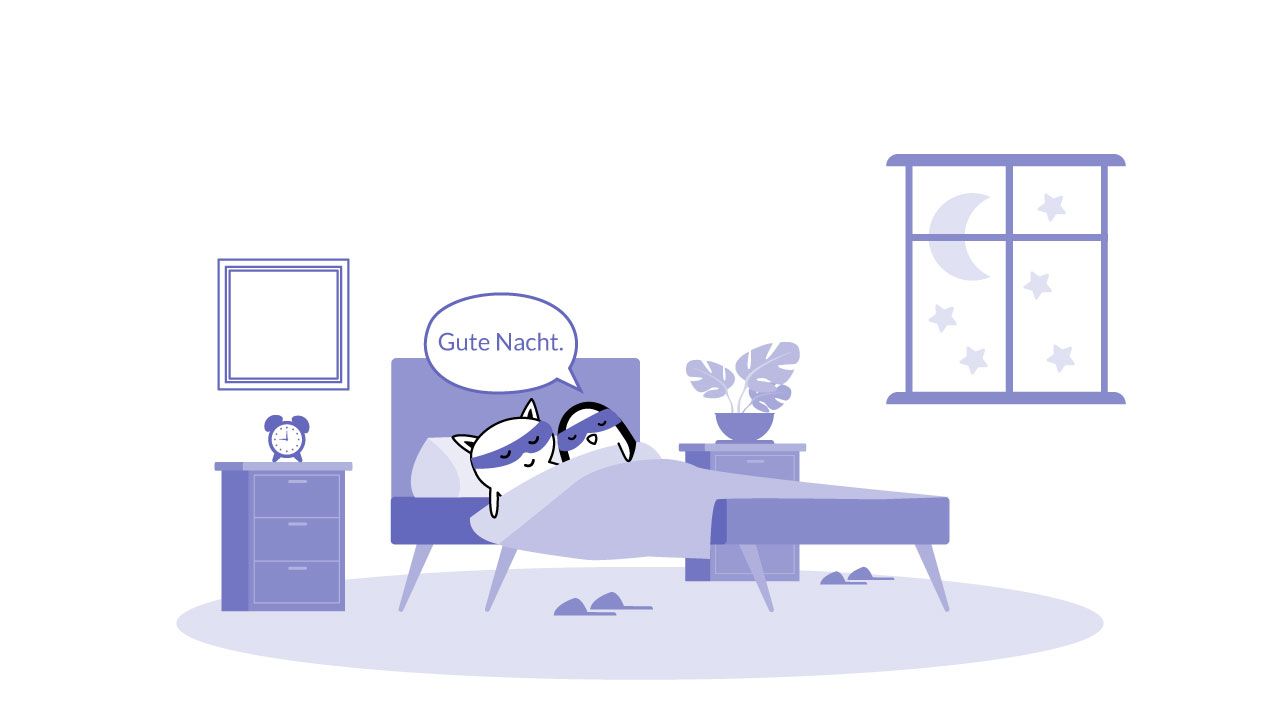
Small Conversation Skills
If you use German greetings like “Hello” or “Guten Morgen” while walking around a German city, you will almost certainly wind up in a conversation. That is why we should practice simple communication skills, such as asking the other person, “How’s it going?”
As the Germans are usually very polite, they might ask you, “Wie geht es dir?” after they say hi to you. Sometimes, they use the shorter form “Wie geht’s?” to ask the same question. However, if you're not up to small talk, avoid using these phrases yourself.
Among young people or when talking to friend and family, you might also hear “Alles klar?” or “Was geht?”
“How Are You?” in the German Language
Despite the fact that many Germans use short phrases such as “Wie geht’s?” (How’s it going?) or “Alles gut?” (Is everything fine?), the official and polite way to ask “How are you?” is to say, “Wie geht es dir?” We understand that this expression appears a bit lengthy, but it is not that complicated.
German
English
Wie geht es dir?
How are you?
Wie geht’s?
How’s it going?
Alles gut?
Is everything fine?
To ask about another person’s well-being in the German language, you can use the verb “gehen,” which is “go” in English. So, literally, Germans are asking, “How is it going with you?” The straight translation would be "Wie" (How) "geht" (goes) "es" (it) "dir" (to/with you).
If you wish to ask the same question in a formal manner - for example, because you don’t know the other person - you must replace the “dir” with an “Ihnen.” The formal question would then be, “Wie geht es Ihnen?” (How are You).
How to Answer "Wie Geht es Dir?"
After you’ve managed to strike up a conversation with a German by greeting them and even asking how they’re doing in German, they will likely ask you the same questions.
The appropriate response to it is “Mir geht es gut” (I am fine). For the short version, “Wie geht’s?” there is the short response “Mir geht’s gut,” where you swallow the letter -e from the word “es” (it) and get the word “geht’s.”
German
English
Mir geht es gut / Mir geht’s gut.
I am fine.
How to Respond in German if You Are Not Feeling Well?
If you want to express that you are not feeling fine, you can add a “nicht” (not) to the expression above. You would say then, “Mir geht es nicht gut” (I am not feeling well). To make it a little bit softer, you can say, “Mir geht es nicht so gut,” which could be translated as “I don’t feel so good.”
German
English
Mir geht es nicht gut.
I am not feeling well.
Mir geht es nicht so gut.
I don’t feel so good.
You can use both terms to describe that you are not feeling well physically or mentally.
How To Behave While Using German Greetings in Germany
In addition to learning German phrases for communicating with native speakers, you should be familiar with their body language. Each culture has its unique traditions, both in terms of verbal and non-verbal communication.
Not knowing about those habits might lead to confusing and sometimes uncomfortable situations. Let’s take a deeper look at the body language used when greeting someone in German “Hello” to other people.
Germans Don’t Touch
You’ve probably heard people from other countries describe Germans as cold or distant. One of the reasons for that could be the German attitude while meeting strangers.
When two Germans meet for the first time, the most body contact they will likely make is a handshake. Many Germans do not even shake hands while greeting strangers, preferring instead to nod respectfully.
When you say “Hello” or "Good morning" to another person while presenting yourself, Germans usually want you to shake their hand. But if you are just saying “Hello” when joining a group, you should simply nod while making eye contact.
Other cultural customs, such as kissing, which are widespread in southern European nations such as France and Spain, are not common in Germany and can make people feel uncomfortable. It’s preferable if you give people personal space of at least one meter.
Among young people, it is common to hug if you have met before or if they are your friends’ friends. In general, if in doubt, go with the handshake. There’s no way to go wrong with it.

What Have You Learned?
Greeting in German
Don’t be afraid to speak to Germans if you want to learn more about their country. With only a simple “Hallo,” you can start a pleasant conversation.
When you wish to improve your German skills, try using the appropriate greeting for each time of day. Say “Guten Morgen” in the morning, “Guten Tag” during the day till late afternoon, and use “Guten Abend” in the evening. Remember that those are appropriate especially in formal situations.
Starting a Basic Conversation in German
If you wish to enter in a conversation with a native speaker, ask “Wie geht es dir?” (how’s it going with you?) or “Wie geht es Ihnen?” (how are you, Sir?), and answer with “Mir geht es gut” (I’m fine.)
When you are not feeling well, you can make use of the sentence “Mir geht es nicht so gut” (I’m not feeling so good) to let the other person know.
German Body Language While Saying Hello
To get along with the Germans, don’t get too close too fast - keep a safe distance when first meeting them and make use of eye contact, nodding, and handshaking instead of hugging and kissing. There will still be time for that when you get closer.
We hope we were able to help you, and we hope that you will have many amazing opportunities to meet and talk to German people. If you want to boost your knowledge and learn how to say “Goodbye” in German, have a look over here.






